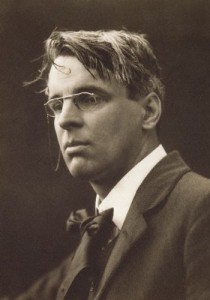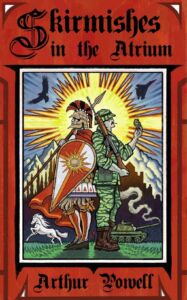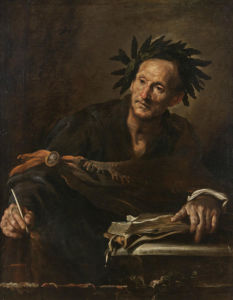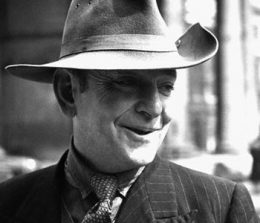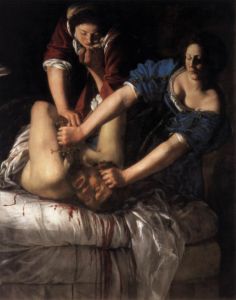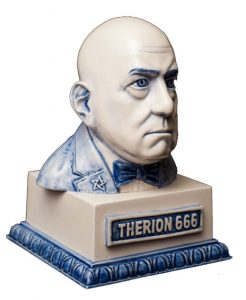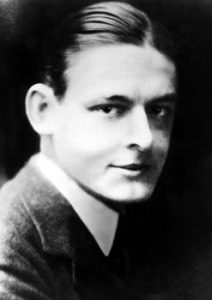785 words
William Butler Yeats, the Irish poet, playwright, and politician, was born on this day in 1865. One of the greatest literary figures of the 20th century, Yeats’ life and work straddle the great divide between Romanticism and Modernism. He received the Nobel Prize for Literature in 1923.
In life and in art, Yeats rejected modern rationalism, materialism, and egalitarianism. He saw them as coarsening and brutalizing.
